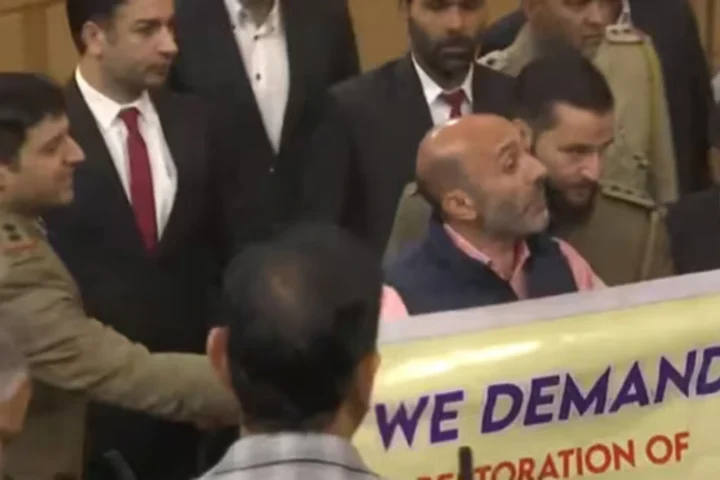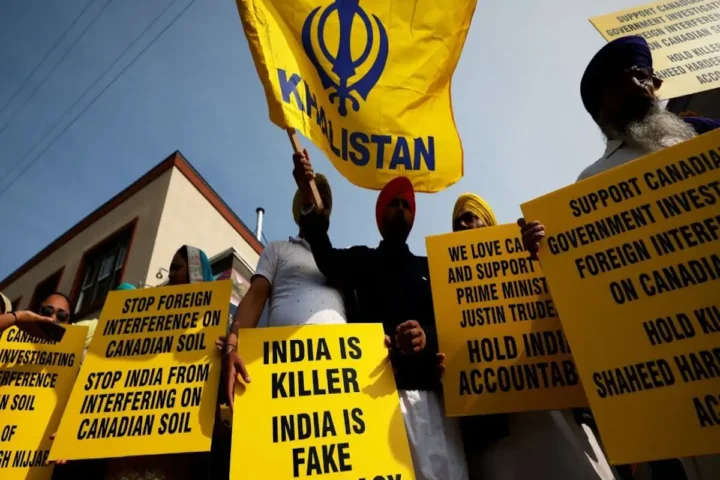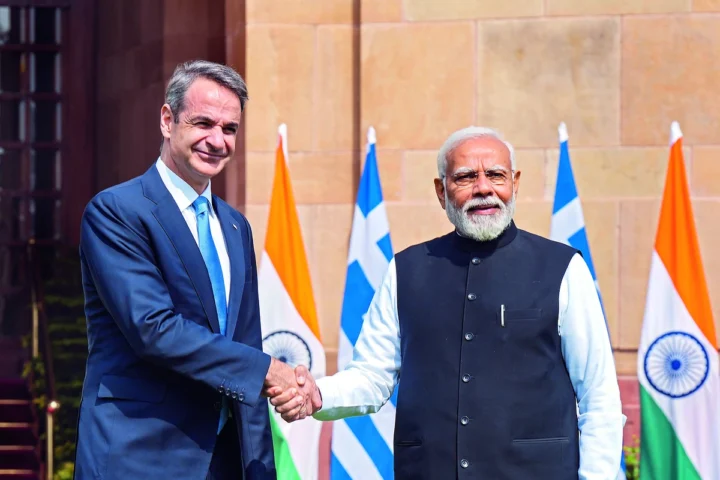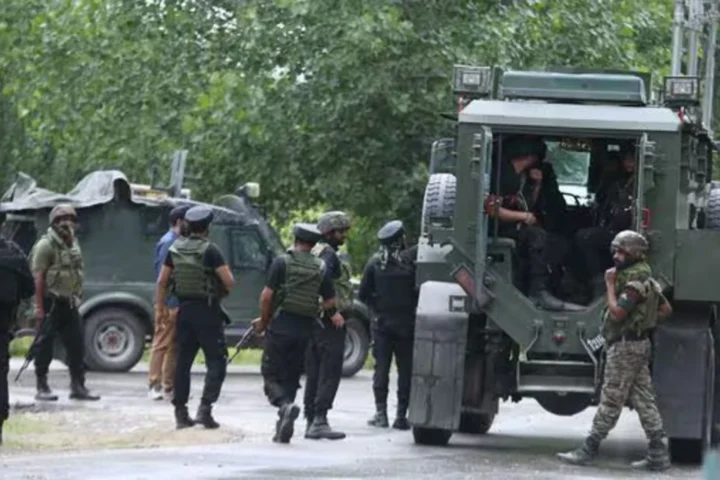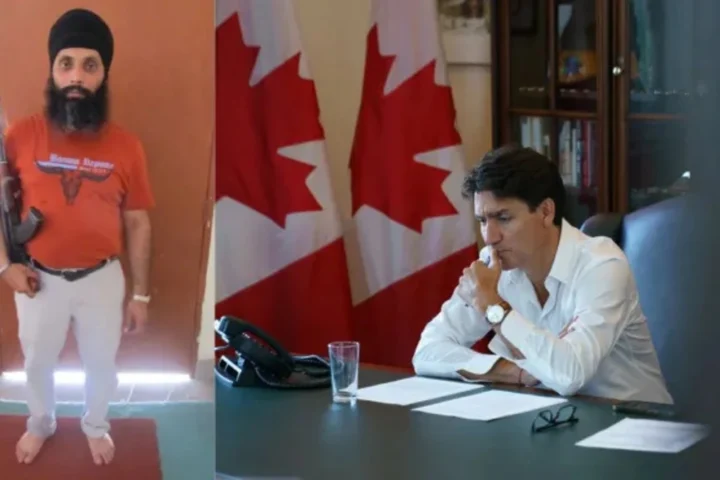The unprecedented raids conducted at the homes of NewsClick employees, which included journalists, staff members, former employees, and contributors, on October 3, have raised profound concerns about the state of press freedom in India. The investigative operations, launched by the Delhi Police Special Cell, invoked the controversial Unlawful Activities (Prevention) Act (UAPA) and were initiated in August, sending shockwaves through the journalistic community.
Continued Impact
Even a month after the raids, the traumatic experience continues to cast a long shadow on journalists, particularly those who have dared to question the establishment. The implications of these operations extend far beyond the immediate disruption caused, revealing the broader challenges faced by journalists in India.
Unprecedented Operation
The scale and scope of the raids were unprecedented, involving as many as at least 80 current or former employees of NewsClick. During these operations, journalists’ laptops, phones, hard disks, other electronic devices, and documents were seized from their homes and the NewsClick office, bypassing due procedure. A notable concern is that a majority of the raided journalists were denied seizure memos, and the hash value of their data was provided to none.
Targeting of NewsClick
NewsClick, an outlet recognized for its in-depth coverage of social movements and grassroots stories, has consistently found itself at odds with the BJP-ruled central government. Since 2021, various central agencies, including the Enforcement Directorate, Income Tax Office, Delhi Police Economic Offenses Wing, and most recently the Central Bureau of Investigation, have carried out raids or “surveys” of the organization’s office in Delhi. Notably, the house of NewsClick founder and Editor-in-Chief Prabir Purkayastha has been subjected to multiple searches and raids, with his devices seized. Significantly, on October 3, Prabir Purkayastha and HR head Amit Chakraborty were arrested by the Delhi Police Special Cell, both subsequently remanded to 30-day judicial custody until December 1.
Impact on Journalists and Their Work
Consequently, the NewsClick office in South Delhi remains nearly empty, with most devices in the custody of the Delhi Police’s Special Cell and Central Bureau of Investigation. The series of investigations opened against the media house has raised concerns regarding their impact, as no chargesheets have been filed in any of the cases and a lack of substantial evidence exists. This absence of legal action had provided protection from arrests for the editor-in-chief and others over the past two years. Many observers believe that the UAPA is being weaponized by the centrally controlled Delhi Police to circumvent this protection, perpetuating the concern for journalists who challenge the status quo.
Challenges for Journalists and Future Career Choices
The troubling trend of targeting media houses that provide coverage of dissent is not isolated to NewsClick alone. This trend is corroborated by the decline in India’s press freedom index. For journalists, particularly those who have spent their careers upholding truth and transparency, the implications are substantial. The fear of government persecution and repression has grown, creating a chilling effect on their work. The impact extends beyond their professional lives, causing concerns for their families’ safety.
One young journalist shared, “The incident has had a deep impact on me and my family’s mental health. Even now, my mother gets anxious whenever the doorbell rings. My family won’t let me open the door.” The loss of phones, laptops, and hard disks, along with the data they contained, has significantly impacted these journalists’ lives and work. Borrowing devices from friends and family, many have found themselves digitally cut off, affecting their daily activities and work. The government’s actions are undermining their livelihoods, a critical issue in a country grappling with high unemployment rates.
Press Freedom at Risk
The question that arises is whether the situation can worsen further. Journalists and media professionals are uncertain about the actions the government may take or the stance the judiciary might adopt. While there is hope for a more favorable outcome in the courts, the process of investigation under UAPA itself becomes a form of punishment. This raises concerns about the erosion of press freedom and the treatment of journalists in India, emphasizing the pressing need to protect the rights and freedoms of those dedicated to reporting the truth.


